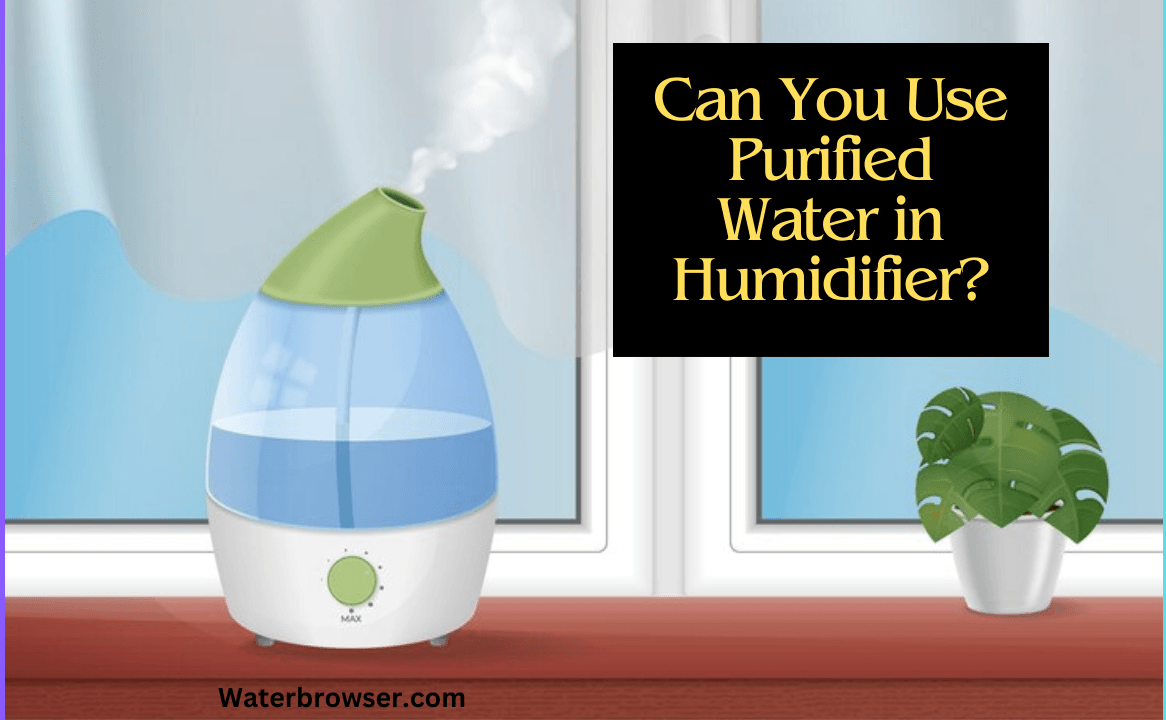When it comes to maintaining a comfortable and healthy indoor environment, humidifiers are invaluable devices. They enhance air quality by adding moisture, particularly during dry seasons or in arid climates. However, a common question arises: can you use regular water in your humidifier? Let’s dive into this topic to understand the implications and best practices for using water in your humidifier.
Firstly, it’s essential to recognize the differences between the types of water: tap water, distilled water, and purified water. Tap water is the most accessible option, but it may contain minerals, chlorine, and other contaminants, which can lead to a build-up of scale in the humidifier and potentially adverse health effects. On the other hand, distilled and purified water undergo processes that remove impurities, making them ideal choices for use in humidifiers.
Using regular tap water in a humidifier can yield mixed results. While it may initially seem convenient, the minerals present in tap water can create mineral dust. This dust can disperse into the air, settling on surfaces in your home or being inhaled, which could cause respiratory issues, particularly in sensitive individuals, such as children or people with allergies. Additionally, the accumulation of limescale inside the humidifier could lead to reduced efficiency and a shortened lifespan of the unit.
Because of these potential challenges, many manufacturers recommend using distilled or purified water. Distilled water has undergone a boiling process that removes most minerals and contaminants, making it less likely to create scaling or mineral dust. This choice can significantly improve the humidifier’s performance and longevity, making it a worthwhile investment in your health and comfort.
Another factor to consider is the type of humidifier you own. Different models, such as ultrasonic, evaporative, or steam vaporizers, can have varying tolerances and requirements for the water type used. For instance, ultrasonic humidifiers are particularly sensitive to mineral content. If you use tap water in an ultrasonic model, it can quickly accumulate mineral deposits affecting the device’s operation.
Conversely, evaporative humidifiers generally soften the water as it evaporates, but they also can still create mineral dust if tap water is used. Steam vaporizers heat water to create steam; while they may seem less affected by water quality, using regular water can still result in scaling within the unit over time.
To ensure optimal performance and a healthier atmosphere, consider the following practices when using your humidifier:
- Use Distilled or Purified Water: This is one of the best practices for all types of humidifiers. Not only does it minimize mineral accumulation, but it also reduces the potential health risks associated with impurities in tap water.
- Clean Regularly: Regardless of the type of water used, maintaining a rigorous cleaning schedule for your humidifier is vital. Bacteria and mold can thrive in moist environments, so frequent cleaning is essential to prevent growth.
- Change Water Frequently: Stagnant water can become a breeding ground for microorganisms. Empty and refill the tank daily, especially if you use tap water.
- Monitor Humidity Levels: Maintain humidity levels between 30% and 50%. Using a hygrometer can help you gauge whether your humidifier is functioning correctly and whether you are using the right water type.
- Follow Manufacturer Instructions: Each humidifier model may have specific recommendations regarding water type and maintenance. Always refer to these instructions to ensure optimal function.
A common myth surrounding humidifiers is that the water used must be completely sterile. While using boiled or bottled water might seem like a safe choice, it can be impractical and not necessarily more effective than distilled water. The key is reducing impurities and preventing scaling, rather than achieving perfect sterility.
Furthermore, individuals with allergies, asthma, or respiratory issues should be particularly cautious about the type of water they use in their humidifiers. The emissions produced from tap water often contain pollutants that can exacerbate symptoms. For these individuals, utilizing distilled or purified water can enhance the efficacy of the humidifier in alleviating symptoms without introducing additional irritants.
In conclusion, while using regular tap water in your humidifier may not seem problematic initially, the long-term ramifications can be detrimental to both your humidifier’s performance and your health. By opting for distilled or purified water, you mitigate the risks associated with mineral deposits and contaminants inherently present in tap water. Remember, the goal is to create a safe, comfortable, and efficient indoor environment—one where the air is as invigorating as it is nourishing.
Embracing proper hygiene practices, selecting the right type of water, and paying attention to manufacturer guidance will ensure that your humidifier serves you well for many seasons to come. Rest assured, a bit of diligence in your selection will yield significant dividends in your overall well-being.
